InAsia
Insights and Analysis
Reflecting on 17 Years as Country Representative in the Philippines
January 18, 2017
After more than 17 years as The Asia Foundation’s Philippines country representative, I’m moving on to spend a year as a Distinguished Visitor at the Australian National University as part of the partnership between the two institutions.
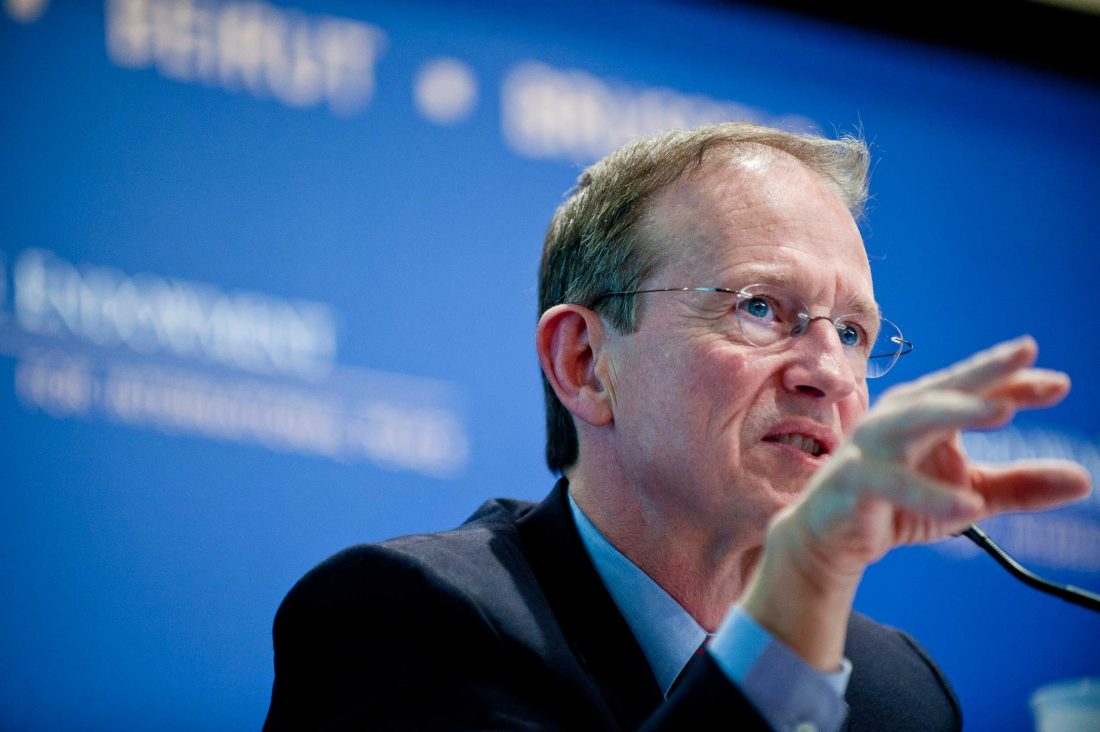
Rood participates in a panel discussion at the Carnegie Endowment for International Peace on political approaches to development. Photo/Pete Marovich
I leave the Philippines with decidedly mixed emotions. On the one hand, I’ll have time to read and write, give a few lectures, and begin to try to make sense of what I’ve learned about the many aspects of the Philippines after almost 36 years of residence there. On the other hand, I will be absent from the country at an incredibly exciting and pivotal time. The election of the iconoclast President Rodrigo Roa Duterte has called into question not only the constitutional order (will the Philippines shift from a unitary to federalist system of government?) but also the regional order (as the Philippines distances itself from the United States). This will be my longest absence from the country in 35 years, and I will miss being close to the action—but I am confident that the resilience of the Filipino people will continue to be demonstrated in the face of trying times, and I’ll look forward to returning after a year to spend the rest of my life in the Philippines.
My time as representative is by far the highlight of my professional career—I sometimes joke that I finally figured out what I wanted to be when I was 50 years old, when I got this job. Much of my previous life in the Philippines seems, in retrospect, to have been preparing me for the role. But the key to this capstone of my career has been the nature of the Foundation, the opportunities it has afforded, and the lessons I take away: the importance of partnership, deep empirical knowledge, flexibility and opportunism, and an understanding of the political influences on policy reform and development outcomes.
Partnership is essential to how we have been able to operate. When I joined in late 1999, concerns were growing about the levels of corruption in the Philippines, and many local and international organizations were enlisted to try to fight it. Social Weather Stations conducted diagnostic studies on the issue which have since evolved into an ongoing periodic survey of corruption as experienced by Philippine businessmen to track corruption levels over time. City-level work against corruption enlisted willing mayors and the private sector in improving governance and the business climate. Journalists and academics deepened understanding of governance issues, and in Mindanao, a special focus on improving more rural municipal governments led to partnerships with academia, civil society organizations, and professional organizations—particularly in Muslim Mindanao.
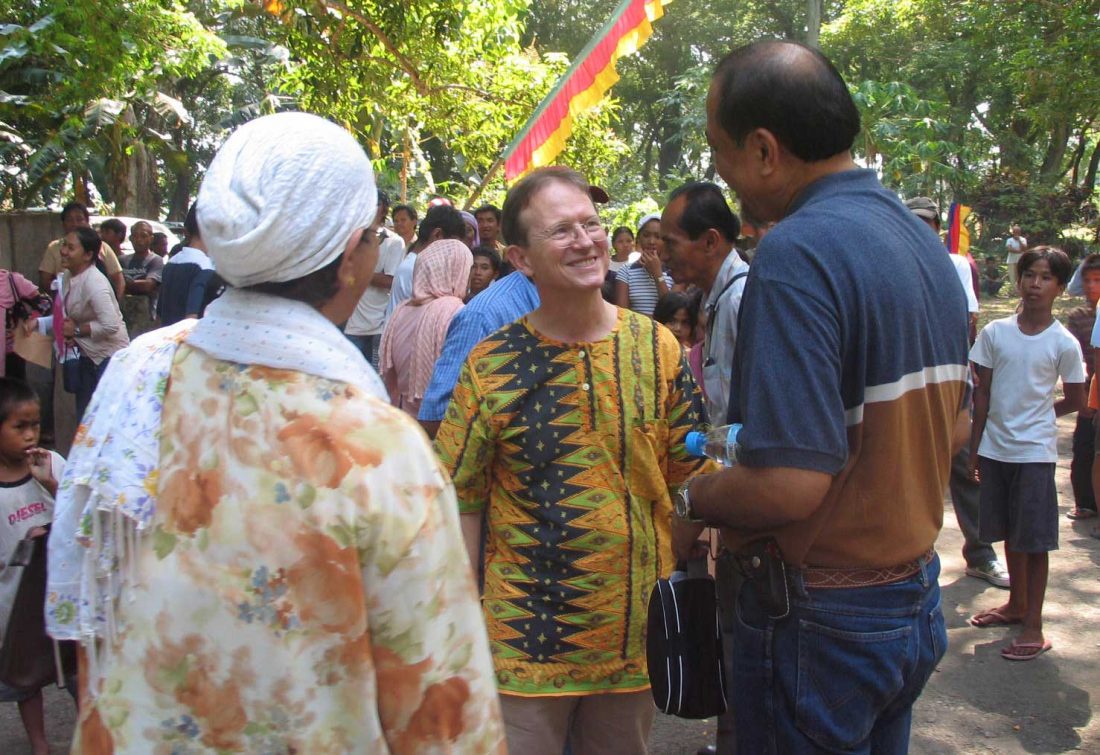
Rood (center) speaks with participants during a grand kanduli (thanksgiving ritual feast) in Paidu Pulangi, Pikit, in 2007 to mark the end of a 21 year-old rido between two rival clans.
It is worth emphasizing that, in particular, business men and women have repeatedly demonstrated a willingness to contribute their time, intelligence, and political capital to a wide range of issues—anti-corruption, economic reform, infrastructure planning, and promoting peace. Prominent all these years have been partnerships at the national, local, and sectoral levels dedicated to solving these pressing issues. At the other end of the influence spectrum lies the civil society in Muslim Mindanao, which a decade ago was quite weak and is now an influential political force, thanks in part to the ongoing support from The Asia Foundation.
The desire for empirical knowledge has driven our work on conflict in the Philippines from the very start. A 2002 survey of households in conflict-affected areas of Mindanao unexpectedly demonstrated that the most common experience was not of insurgency-related violence but of feuds between clans (known as rido). This striking finding led to a series of groundbreaking studies of the phenomenon, and the collective research culminated in a book which won a National Book Award in 2016. These findings have been influential in helping to resolve feuds as the increased knowledge has led the media and security forces to cease mistaking a clan feud for insurgent activity, and thus treating the violence in a more appropriate way that was less likely to lead to escalation of the violence.
Similarly, specialized surveys in Mindanao have allowed Muslim Filipinos to have a statistically recognized voice on such matters as peace, conflict, the role of women, and the specific fate of peace agreements with the Moro Islamic Liberation Front. These results were shared with both government and MILF negotiators and made available to the broader public.
This set of interactions, networks, and knowledge enabled The Asia Foundation in 2009 to apply and be appointed to the International Contact Group (ICG) for the negotiations between the government and the MILF. This role gave us the ability to respond flexibly to particular issues in the negotiation—for instance, the issue of natural resources and revenue sharing—in ways that both parties found valuable. Then in 2013, as the process of implementing peace agreements began, I shifted from the ICG to the Third Party Monitoring Team (TPMT), whose mandate was to judge whether the Comprehensive Agreement on the Bangsamoro was being fulfilled. Similar opportunism was demonstrated when our work on clan feuds—with communities, religious leaders, and the like—came to the attention of the security forces who requested help in understanding and responding to community situations. As we became a trusted partner, our interaction with the Armed Forces of the Philippines led to a deepening involvement in security sector reform.
Political influences must always be taken into account when partnering (making sure that the Foundation is not perceived to be favoring one side or another, often by making grants to many different organizations), doing empirical work (understanding which influential actors will need what kind of information to work toward mutually agreed goals), and seizing opportunities (such as introducing reforms when the time is right). In all of these endeavors—whether persuading a mayor to support anti-corruption activities, supporting alcohol or tobacco tax reform, reporting to policymakers on public opinion toward peace and development, or working to ease the logistical concerns of inter-island shipping in this archipelago of 7,107 islands—it was not only the technical work that was necessary to succeed, but also ensuring that the alternatives provided were politically feasible.
Seventeen years is a long time—by far the longest single country stint in Asia Foundation history—and this blog can’t possibly do justice to all that the Foundation has accomplished in the Philippines, particularly all that the talented, passionate staff in Manila have done with their ability to utilize partnerships, knowledge, opportunism, and political nous. My time at The Asia Foundation will no doubt serve as the sub-stratum of what I’m able to accomplish in the future.
Steven Rood is The Asia Foundation’s country representative in the Philippines. He tweets @StevenRoodPH. The views and opinions expressed here are those of the author and not those of The Asia Foundation or its funders.
9 Comments
About our blog, InAsia
InAsia is posted and distributed every other Wednesday evening, Pacific Time. If you have any questions, please send an email to [email protected].
Contact
For questions about InAsia, or for our cross-post and re-use policy, please send an email to [email protected].The Asia Foundation
465 California St., 9th Floor
San Francisco, CA 94104
The Latest Across Asia
Program Snapshot
May 2, 2024
News
April 25, 2024
Program Snapshot
April 18, 2024

2024 Lotus Leadership Awards
The Lotus Leadership Awards recognize contributions towards gender equality in Asia and the Pacific



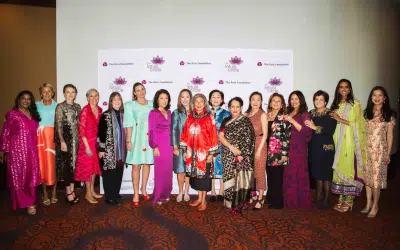
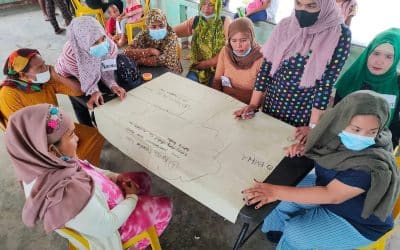
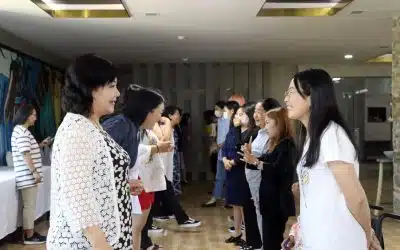

Hard to believe, Steve, that it’s been 17 years since you joined TAF in the Philippines–and I departed. You’ve had a fabulous tenure with contributions too many to count. I hope we’ll meet again, preferably in Manila. All the best at ANU!
Much of my formative years as a development worker was spent working at The Asia Foundation. As TAF’s Country Representative for 17 productive years, Dr. Steven Rood was the closest mentor, coolest boss, father figure, and teacher that you can get. He embodies excellence, passion, and sincerity that a development worker must have. These traits endeared him not only to his colleagues but to program partners and beneficiaries. I’m one in the long line of TAF staff, developed under his tutelage, who went on to become development managers of our own in our respective organizations. You will be missed but you greatly served The Asia Foundation and the Philippines more than you were asked for. My highest admiration and respect to you, Dr. Rood!
Steve, wishing you all the best for your departure from the Foundation. It was a privilege to work with you for some 15 years via the Pacific program. You will be sorely missed by all who experienced the work you have carried out these past 17 years…
I have always felt privileged to work with Steve Rood and The Asia Foundation. We were first partners in the International Contact Group, and then expanded our collaboration by working together for peace in Mindanao with local civil society organisations.
I fully subscribe the areas of learning you have identified, Steve: “the importance of partnership, deep empirical knowledge, flexibility and opportunism, and an understanding of the political influences on policy reform and development outcomes.”
Looking forward to reading the book we all expect you to write during your stay in Australia.
Kristian Herbolzheimer
Director of Transitions to Peace Programme
Conciliation Resources
steve was my teacher (and thesis adviser -twice!) at UP Baguio. As a student, i inserted revolutionary readings in his pigeon hole at the social sciences division. Steve was the prime mover of empirical based discussions on the many issues about cordillera autonomy back in the 80’s. Now, I am certain that when he gave me a 2.75 in statistics, that was not only “statistical recognition” but an encouragement to always balance cuento (stories) and cuenta (statistics/numbers) in partnerships, debates, advocacies. I treasure that lesson.
All the best and thanks for the partnership and friendship!
Grateful for the years I spent working at the Asia Foundation’s law, human rights, dispute resolution, and conflicts programs. It is only with TAF that I have so far stayed longest in my professional life. This is because of the work that we do, the home that it offers, and the people that I work with – and that includes having a great boss who knows the Philippines and the Filipino psyche more than many of us.
Dr. Rood, thank you for the privilege of working with TAF. Thank you for your inspiration and encouragement to see to it that we do our best every week, every month, and every year. Thank you for supporting us as we pursue our own niche in this life.
I wish you the best in Canberra. May your “visit in a distinguished fashion” be as productive and meaningful as your 17 years here, with more personal space to relax and wander.
Muli, maraning salamat po.
Steve, What a wonderful job you have done for The Asia Foundation and the Philippines over these many years. Best of luck at ANU. Please let me know when you are next in SF. Warm regards, Dick Fuller
Hello, Steve. I represented CITYNET at a conference organized by Asia Foundation held at EDSA Shangri-la today. The staff were very professional and the Acting Country Representative for the Philippines, Kim Hunter was friendly and gracious. But I missed the Steve Rood whom I have associated with Asia Foundation. Thank you for the books donated to our City of San Fernando and do visit us when you are back in the Philippines.